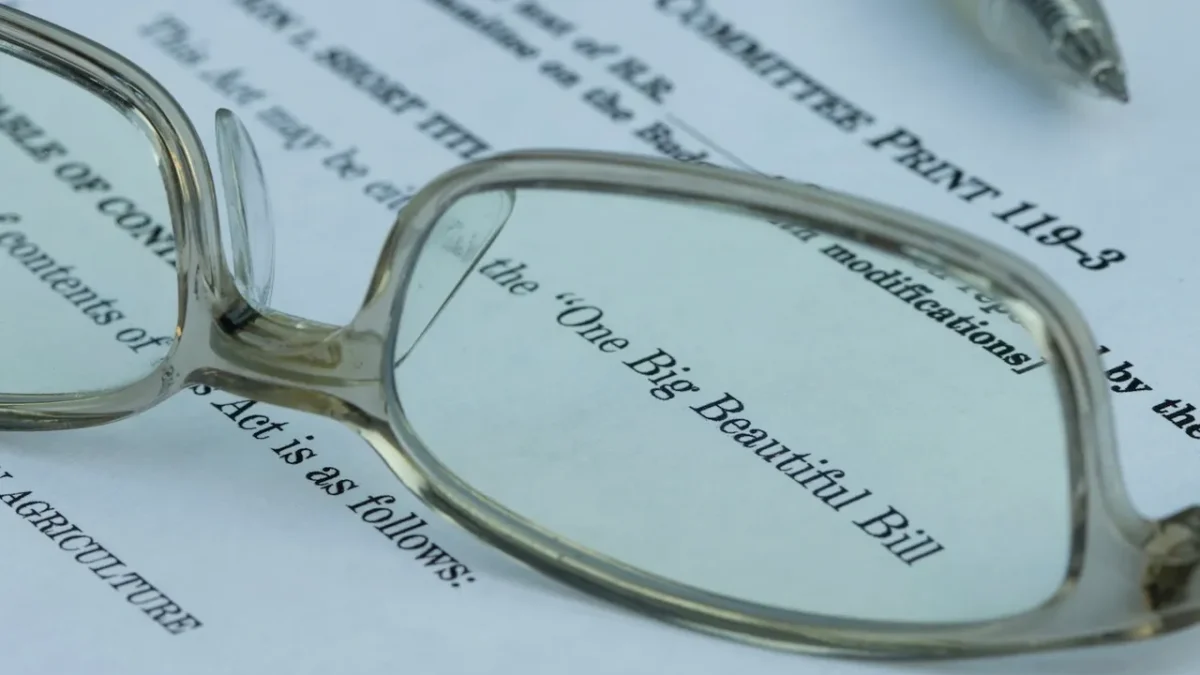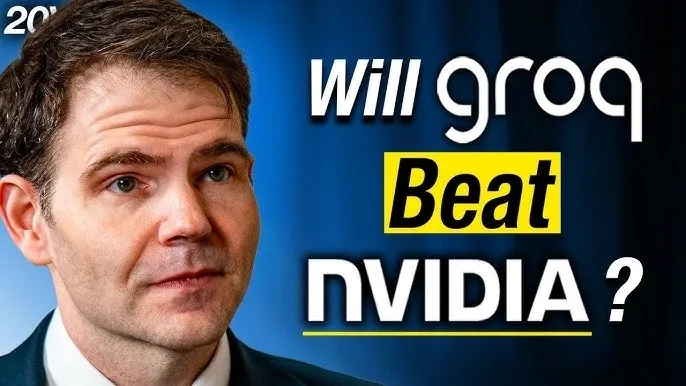Fully Depreciated in One Year! & A Tax Break Looking for a Buyer
Insights from Fabrica Ventures Team.

Building to the Mission, Not to Spec
July 22, 2025
Who Can Be an LP?
August 8, 2025The One Big Beautiful Bill Act (OBBBA) was recently signed into law [as if something Big coming from the government could be Beautiful]. Of course, no sane person would read all 1,038 pages of the law. Still, two topics deserve reflection, as they move in the direction of more liberty (i.e., lower taxes), even though the one related to secondary deals in VC is likely to have little impact.
Now Fully Depreciated in One Year!
Everyone who has taken Finance 101 understands that accelerated depreciation increases the return on capital expenditures.
It’s straightforward: a tax deduction today is worth more than the same deduction years from now, due to the time value of money.
That’s why shorter depreciation periods make investment in technology, machinery, and infrastructure more attractive.
Consider how different countries treat computer depreciation:
* Germany = 3 years
* Japan = 4 years
* Brazil = 5 years
If depreciation were purely reflecting the economic reality of an asset’s useful life, we would expect a global consensus. But clearly, these schedules are not economically derived; they are arbitrarily set by bureaucrats without skin in the game (sorry for the pleonasm).
Now, with the OBBBA, the US allows 100% depreciation in the first year, including R&D investments, essentially enabling businesses to fully expense assets immediately, instead of spreading costs over multiple years.
I asked ChatGPT to simulate the impact of this change: a $10M investment with projected annual pre-tax cash flow of $3.0M over five years, no salvage value, and a 30% tax rate. We compared two scenarios: 1-year depreciation (with Net Operating Loss carryforward) vs. 5-year straight-line depreciation.
Results:
* IRR with 1-Year Depreciation: 11.67%
* IRR with 5-Year Depreciation: 10.92%
* Delta: 75 bps (+6.87%)
Conclusion
Governments operate with a short time preference. But civilization advances with the enlargement of time preference. This recent change in US tax depreciation treatment marks a rare shift in that direction (while also simplifying accounting). AI, dependent on massive infrastructure, gives its thanks!
At the end of the day, liberty always wins.
A Tax Break Looking for a Buyer
“Trump Tax Law Sweetens Secondary Deals in VC: Law allows investors in startups to sell more of their holdings early without paying capital-gains taxes” — that was the July 14 headline in the WSJ.
The change, part of the OBBBA, modifies the Qualified Small Business Stock (QSBS) rules by introducing a graduated capital gains tax exemption for shareholders in companies with gross assets up to $75M:
* 50% exemption after 3 years
* 75% exemption after 4 years
* 100% exemption after 5 years
This replaces the previous all-or-nothing requirement of holding shares for five full years to qualify for the full exemption.
The goal is to give early-stage shareholders greater flexibility to exit sooner while still enjoying tax benefits — potentially boosting liquidity in the secondary market for VC-backed startups.
However, much of the secondary trading activity today is concentrated in late-stage (unicorns), which typically exceed the $75M gross asset cap and therefore do not qualify for these new QSBS benefits.
Conclusion
These rule changes are expected to have little impact on Fabrica Ventures’ secondary deal flow, given our focus on late-stage startups. The same applies to early-stage shareholders seeking to sell in the secondary market — buyer interest for small, illiquid positions at that early stage remains limited.
While a tax cut is better than a hike, the WSJ headline exaggerates the practical significance of the reform.




